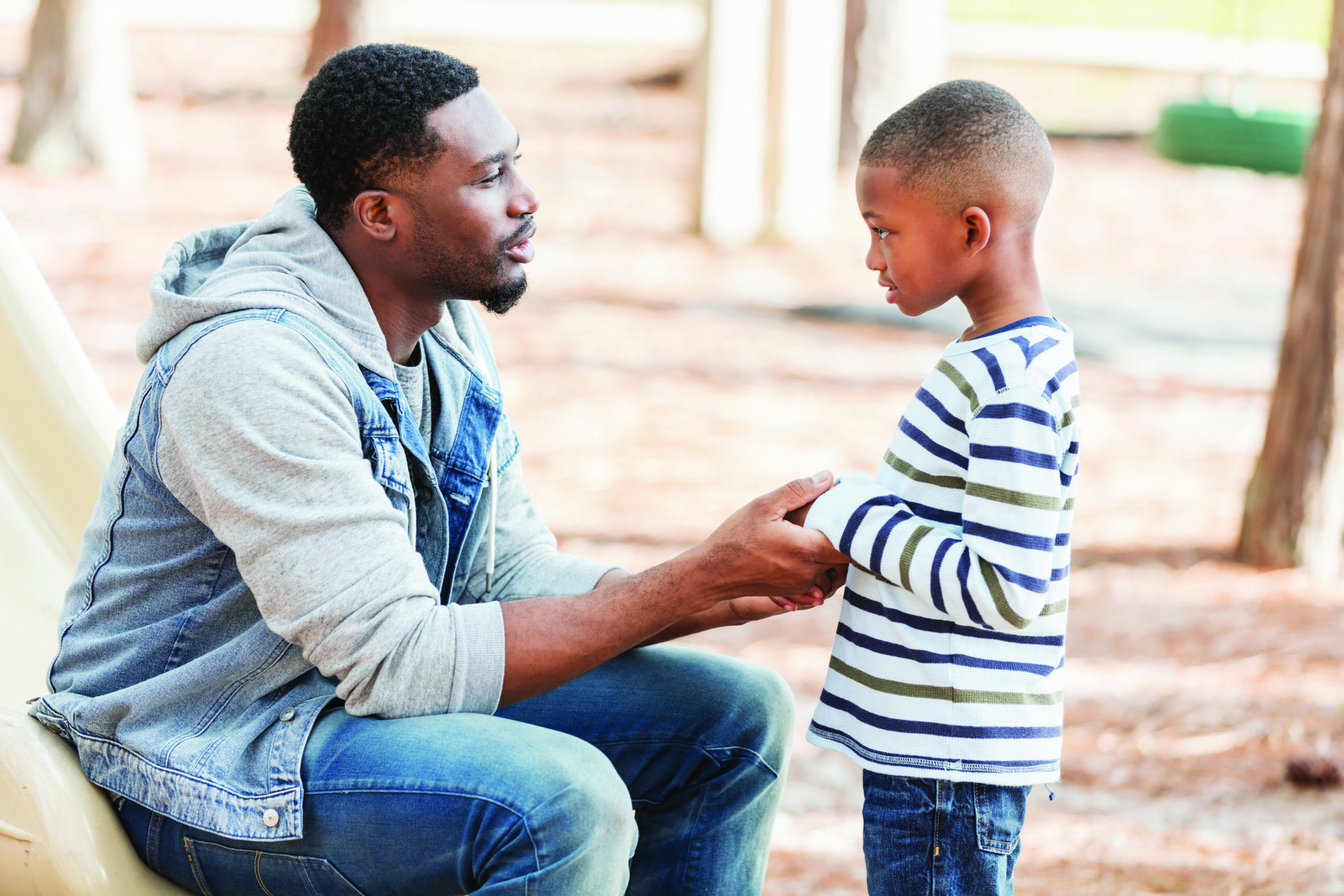by Marc McCallister
In today’s world, we are exposed to tragic events like never before. The same is true for kids. Regardless of a child’s age, it is likely that he or she knows about one of the many tragic events that has occurred in the not-too-distant past.
In 2018 alone, daily news coverage was overrun by stories of mass shootings and natural disasters. Social media has also profoundly impacted the coverage of tragic events, as it provides additional pathways for these stories to be shared directly among friends, family and peers.
As a parent, the initial instinct in the face of tragedy or trauma is avoidance. Talking about scary feelings or worries related to a tragic event is difficult. In many cases, a child’s inquiry about a tragic event will be met with “don’t worry, everything is going to be OK.”
This makes sense—as an adult the goal is to maintain the child’s innocence and to reassure him or her that they are safe. However, attempting to avoid the difficult discussion can eventually lead to anxiety and confusion in the future. The quick attempt to alleviate the kid’s fear may even be interpreted as dismissive or minimizing the fears that the child is experiencing.
Communicate with children through acknowledgement and validation. When the time is right, it is important to engage in open discussion about a child’s feelings, fears and worries that relate to a tragic event. Studies have shown that kids as young as four and five can become aware of tragic events, but not all of them know how to talk about their feelings and concerns.
For this reason, it is important for you to take the first step and ask, the child “what have you heard?” or “what have you seen?” Once you are able to learn about the child’s feelings, fears and worries, acknowledge them as being valid. If appropriate, it is also OK to express your own concerns so that the child can see that it is normal to have these type of feelings after a traumatic event.
By focusing on the child’s feelings and thoughts, you give them the opportunity to talk without judgment or suggestion. As you gain a better understanding of how the tragic event has impacted the child, it is appropriate to explore and try to understand how they have perceived the tragic event. Be careful not to make assumptions or to project your own thoughts, concerns, and worries onto the child before they have had an opportunity to share things from their unique perspective.
Communication in this manner, an open expression of feelings and emotions, will also help the child begin to cope with the tragedy.
Reassure children with facts that demonstrate everything possible is being done to keep them safe. When speaking with kids about tragic events, it is important to avoid “what if” fears. Instead, provide honest information and facts that are responsive to the concerns and fears being expressed. The goal is to avoid misinformation or creating a false sense of safety.
Likewise, it is important to think carefully about the information that is shared. The amount of information and the level of detail you share should be consistent with a child’s age and maturity. Maintaining routines and structure is also reassuring to children and will help to restore a sense of normalcy and safety.
Limit media exposure and social media access during and after a tragic event. While it is important to provide kids with basic facts and answers their questions following a tragic event, it is equally as important to monitor media exposure immediately following a tragic event.
Studies have shown that repeated exposure to traumatic events through media can result in further trauma and increase a child’s anxiety and fears.
Lastly, when you talk with kids about tragic events, keep in mind that children process traumatic events at their own pace. Discussions about tragic events should be done on an ongoing and as-needed basis. Recognize that conversations about tragic events may need to occur over time during multiple occasions and be available and open to conversation when the opportunity presents itself.








Leave A Comment